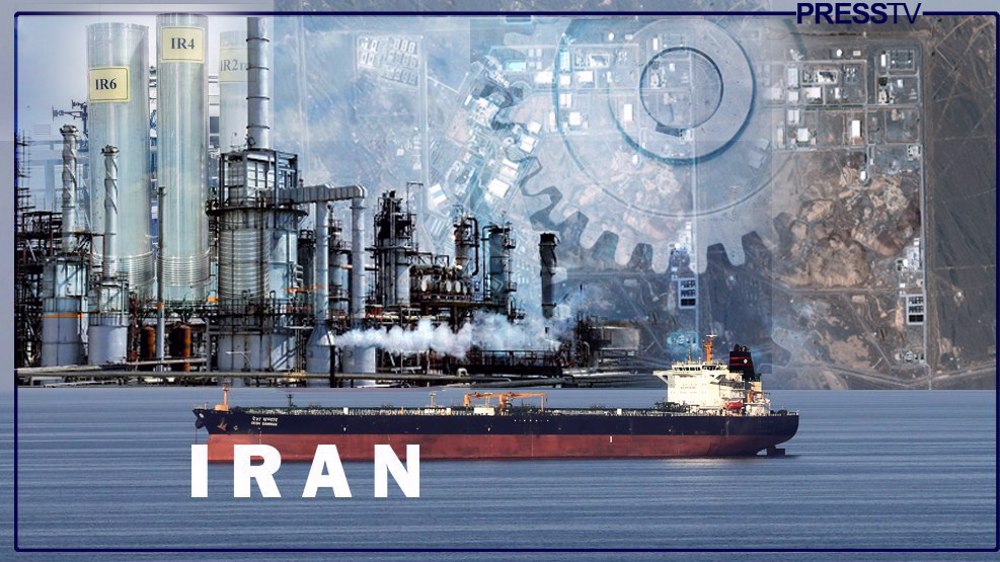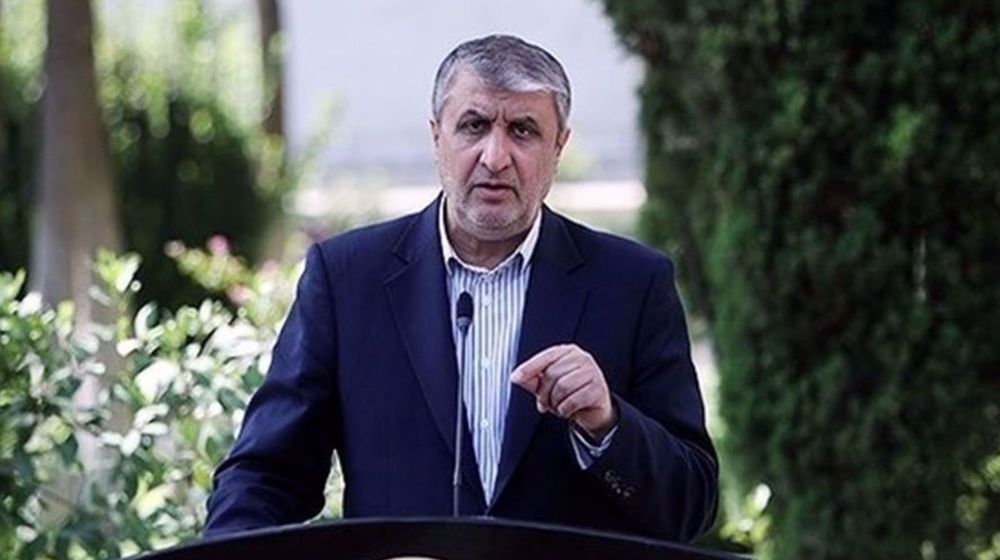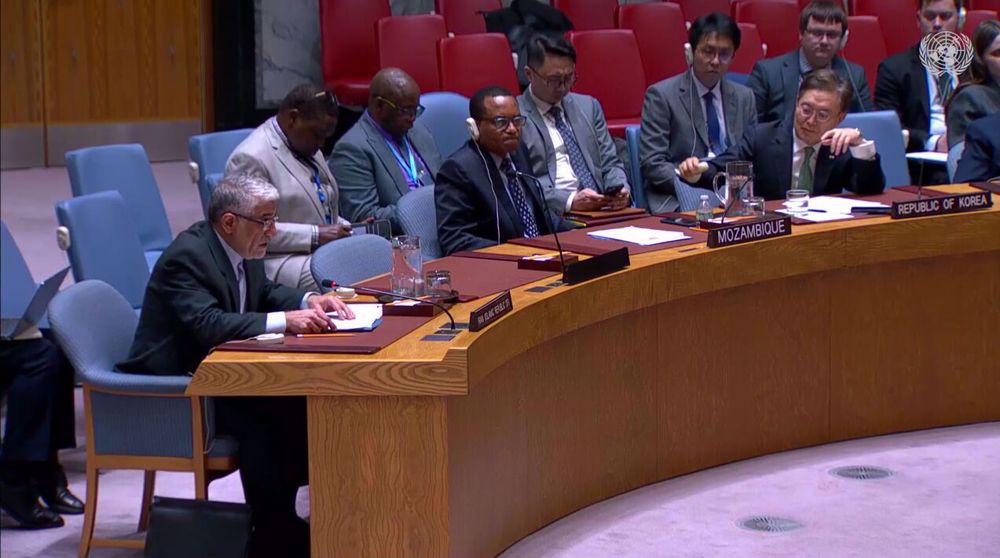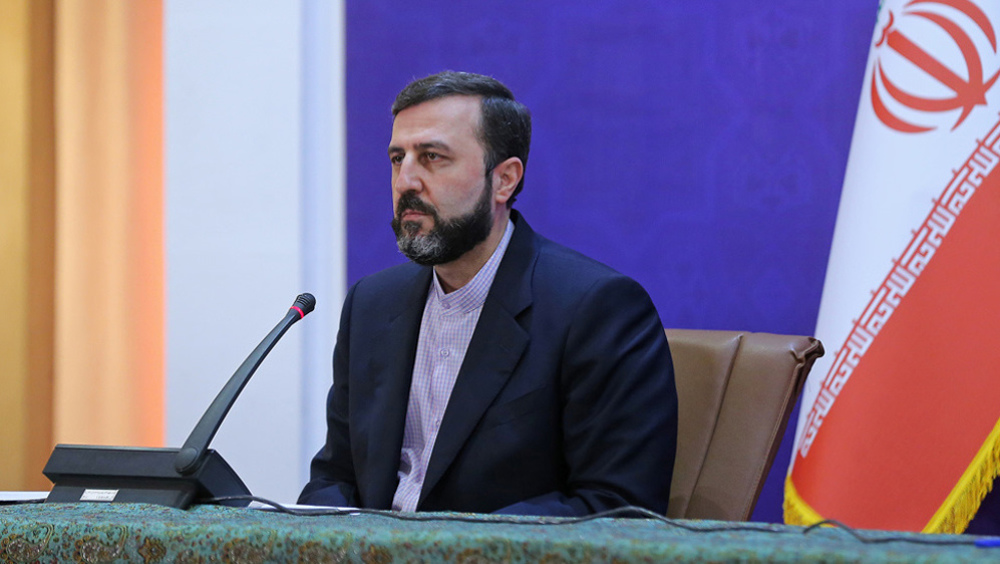JCPOA can be saved only when Iran is able to make the most of its economic benefits
Majid Shakeri
After Joe Biden won the US presidential election, it felt as if new hope was breathed into the revival of the JCPOA. Although the new US administration openly claims that the maximum pressure policy has been proven ineffectual, one month has passed since Biden took office and still, there doesn’t seems to be enough willingness from Washington to lift the sanctions imposed on Iran. It seems as though the White House is conflicted: on the one hand, it believes former President Donald Trump’s unilateral decision to pull out of the deal was a mistake, but on the other hand, it holds on to the policy of sanctions as a means to pressure Iran.
The Democrats imagined that Iran would cave in to the pressure of the sanctions and accept the demands set forth by Washington and the only problem that stood in the way of it happening was Trump who failed to use the diplomatic tools at his disposal to turn the pressure into a tangible result to benefit US interests. Jake Sullivan and William Burns, two high-ranking officials in the Biden administration, published an article on New York Times in 2019 emphasizing that “although Washington needs to distance itself from the 12 conditions that Trump put forth, Tehran needs to be realistic. They cannot expect the US to take any significant strides in lifting the sanctions without proof of Iran’s goodwill when it comes to accepting a renewal on the duration of the JCPOA as well as being accepting to monitoring and observations of their nuclear facilities and their ballistic missile program, and their endeavors in the region.”
But the reality is, considering the attitude of the new administration, the chances of leaving the JCPOA for good seem to be higher than that of reviving it. Contrary to the popular belief, however, if the US leaves the JCPOA for good, the losses would be greater for them than they would be for Iran.
Iran suffered significant losses after Trump tore the agreement back in 2018, but the true cost of leaving the nuclear deal for the US is yet to be seen. Iranian Parliament’s Strategic Action Plan to Lift Sanctions, which is currently being carried out according to schedule, essentially returns Iran’s nuclear program to the state it was prior to the agreement to act as a remedial measure against the noncompliance with the terms of the agreement by the US. Iran doesn’t have much to lose if JCPOA is not revived, but the US desperately needs the deal back if it wants to confront Russia and China and time is not on their side.
Iran has been slowly moving away from its JCPOA commitments and coping with the sanctions. In the past months, with Biden having made no progress in lifting the sanctions, Iran has reached 1 million barrels in its oil export and the capital that was blocked in Iraq, South Korea and Japan has become more accessible to it. Iran got past the crisis it was in at the beginning of the COVID-19 pandemic and is currently in the process of signing contracts for export of its domestically-made Coronavirus vaccine and medical equipment designed for detecting and treatment of the virus. Moreover, the next Iranian administration will most certainly not be as strategically patient as Rouhani’s administration has been, given Iran’s experience with the JCPOA. Instead, it will continue Iran’s foreign policy in its current state more vigorously and aggressively and in the process, making ties with Russia and China only stronger.
Facing the current situation, Washington has no other choice but to come back to the agreement and lift sanctions as it doesn’t have other valid options on the table. In this climate, Iran is progressing more confident and anything less than lifting all major sanctions on its oil trade and unfreezing its assets overseas is unlikely to capture Tehran’s attention.
Iran and the US both believe that the JCPOA is not a perfect agreement by any means. However, contrary to what Washington believes to be the threat to the JCPOA, it is not the time-frame or being concerned with Iran’s ballistic missile program or their other endeavors in the region, but it is Iran not benefitting economically from the agreement.
The JCPOA has lost its popularity among Iranians. The intellectuals are also skeptical when it comes to the idea of the revival of the JCPOA fixing the economic problems. Over the past two years, Iran tried its best to save the face of the agreement in hopes of benefitting economically from the deal. But currently, there are four serious concerns for Iran, which would force it out of the deal to pursue an eye for an eye approach to the noncompliance by the US should they not be remedied.
The first concern for Iran is whether or not the US is willing to commit to lifting all sanctions. The second, stems from the bad memories Iran has of the final year of the Obama administration and the first years of the Trump administration. Iran is unsure whether US government or Congress will once again violate Article 29 of the JCPOA and impose new sanctions in case of the revival of the deal and lifting of the sanctions. The third concern is the possibility for the use of the “snapback mechanism” or the “Dispute Resolution Mechanism” by the US and the Europeans in 2023, barring Iran from benefitting from the lifting of sanctions concerning Iran’s missile program by the United Nations Security Council. And the final concern for Iran is whether the US administration that will hold office in 2025 would repeat what the Trump administration did and violate a deal handed to them by the previous government. In the next round of talks, Iran would want to strengthen JCPOA and ensure the sanctions will be lifted.
Also, the conjunction of America’s pressures during the JCPOA with regional plans supported by the US, namely the “Abraham Accord,” has caused Iranians to have trouble with their completely innocuous exports in the region, leading to a hit to the economic benefits that would have come with the JCPOA and consequently, weakening hopes for its revival.
Majid Shakeri is an Iranian analyst and researcher in the field of financial governance. He can be followed on twitter via @Majidshakeri8.
(The views expressed in this article do not necessarily reflect those of Press TV.)
Mikati demands Israel's withdrawal from south Lebanon
Yemeni army strikes Israeli military sites with drones
‘Clock ticking’: UNRWA slams unjustifiable killing of children in Gaza
BP to be sued in Britain for supplying oil to Israel
VIDEO | Press TV's news headlines
Israeli strikes on north Gaza hospital ‘extremely dangerous, terrifying’: Director
VIDEO | Yemen targets Tel Aviv with Palestine 2 missiles
Pezeshkian: Iran resolved to complete North-South Transport Corridor










 This makes it easy to access the Press TV website
This makes it easy to access the Press TV website